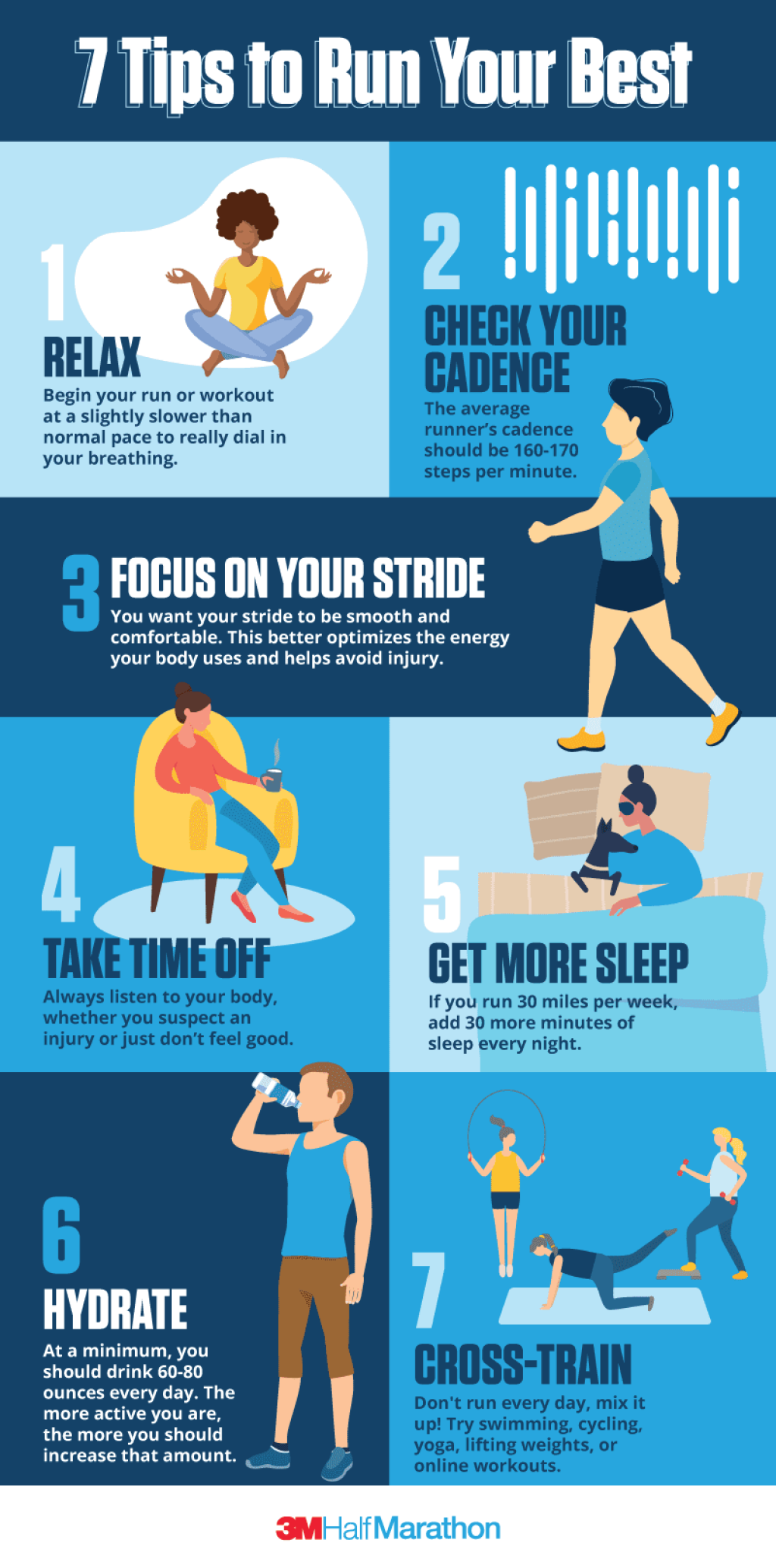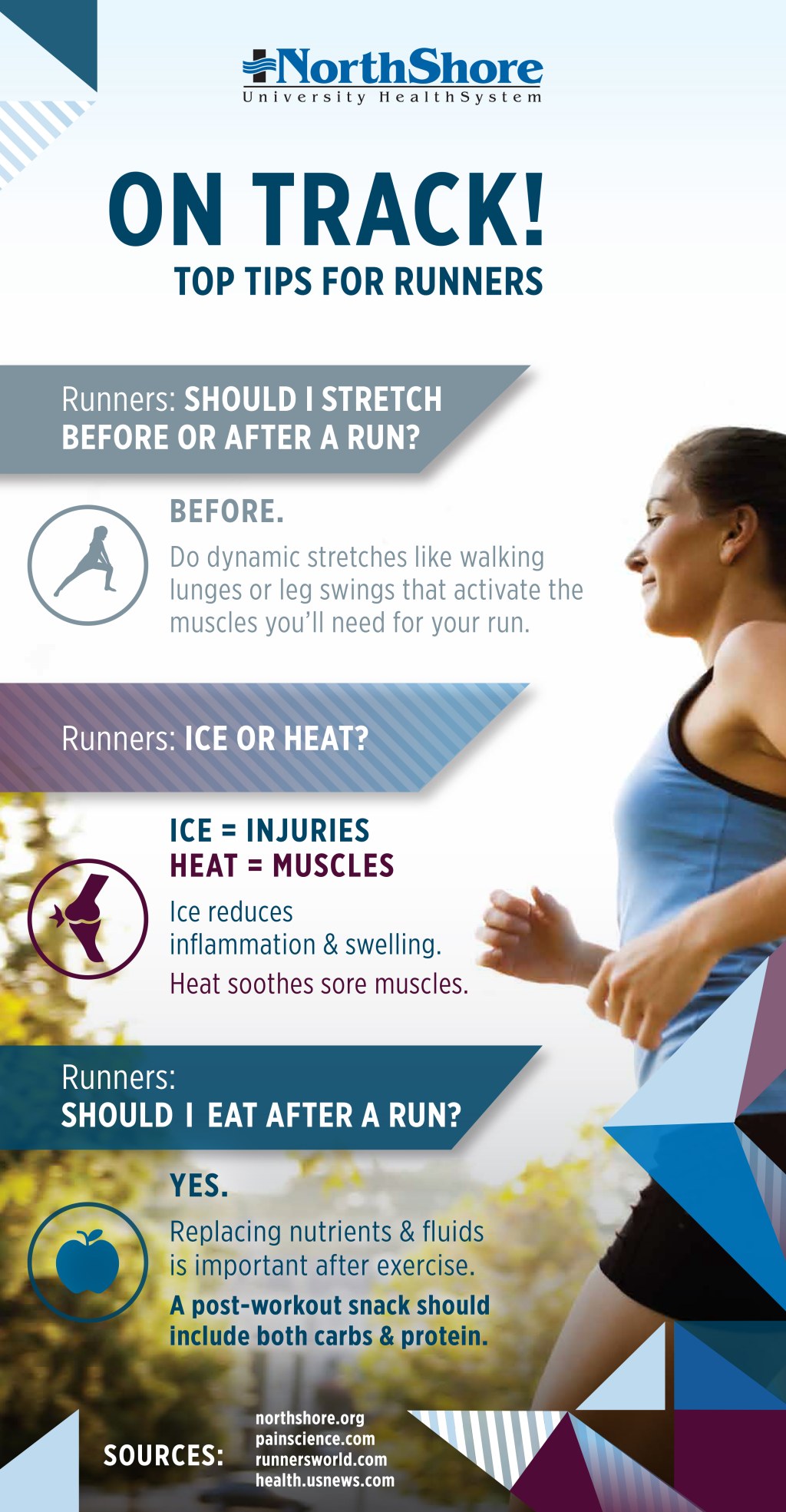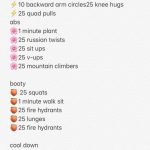Boost Your Running Performance With These Effective Fitness Tips
Fitness Tips for Running
Welcome, readers! Today, we will be discussing some valuable fitness tips for running that will help you enhance your running performance and take your fitness journey to the next level. Running is not just a form of exercise but also a great way to improve overall fitness and maintain a healthy lifestyle. So, lace up your sneakers and let’s dive into these useful tips!
2 Picture Gallery: Boost Your Running Performance With These Effective Fitness Tips


Introduction
Running is a popular form of exercise that provides numerous benefits for both physical and mental health. Whether you are a beginner or an experienced runner, it is essential to have the right knowledge and techniques to maximize your performance and minimize the risk of injuries. In this article, we will explore various aspects of running, including what it is, who can do it, when and where to run, why it is beneficial, and how to get started. Let’s get started!
What is Running?

Image Source: downhilltodowntown.com
Running is a type of aerobic exercise that involves the movement of the body in a rapid and continuous motion. It is a natural human activity that has been practiced for centuries. Running can be done at various speeds, distances, and terrains, making it a versatile form of exercise suitable for people of all ages and fitness levels.
Who Can Run?
Almost anyone can engage in running, regardless of their age, gender, or fitness level. However, it is always recommended to consult with a healthcare professional, especially if you have any pre-existing medical conditions or injuries. Running can be modified to suit individual needs, making it accessible to a wide range of individuals.
When and Where to Run?
The beauty of running lies in its flexibility. You can run at any time of the day, depending on your schedule and personal preference. Some people enjoy running in the early mornings to kickstart their day, while others prefer running in the evenings to relieve stress. As for the location, you can choose to run outdoors in parks, trails, or streets, or opt for indoor tracks or treadmills.
Why is Running Beneficial?

Image Source: northshore.org
Running offers numerous benefits for both physical and mental well-being. It helps improve cardiovascular fitness, strengthens muscles, boosts metabolism, promotes weight loss, and enhances overall endurance. Additionally, running has been proven to reduce stress, improve mood, increase self-confidence, and even prevent certain chronic diseases. It is a powerful tool for maintaining a healthy lifestyle.
How to Get Started?
If you are new to running, it is essential to start gradually and listen to your body. Begin with a combination of walking and jogging, gradually increasing the time and distance spent running. Invest in a pair of good running shoes, wear comfortable clothing, and hydrate yourself adequately. Set realistic goals, vary your workouts, and don’t forget to warm up and cool down before and after each session.
Advantages and Disadvantages of Running
Running, like any other form of exercise, has its own set of advantages and disadvantages. Let’s take a closer look at them:
Advantages of Running:
1. Improved cardiovascular health: Running helps strengthen the heart and improve blood circulation, reducing the risk of heart diseases.
2. Weight management: Running burns calories and aids in weight loss and weight maintenance.
3. Increased bone density: Running is a weight-bearing exercise that improves bone health and reduces the risk of osteoporosis.
4. Mental well-being: Running releases endorphins, also known as feel-good hormones, which alleviate stress, anxiety, and depression.
5. Enhanced endurance: Regular running improves stamina and endurance, allowing you to tackle physical activities more efficiently.
Disadvantages of Running:
1. Risk of injuries: Running puts stress on the joints and muscles, increasing the risk of injuries such as shin splints, stress fractures, or sprains.
2. Overtraining: Excessive running without adequate rest can lead to overtraining syndrome, causing fatigue, decreased performance, and increased susceptibility to illnesses.
3. Weather dependency: Running outdoors is subject to weather conditions, making it challenging to maintain a consistent routine during extreme climates.
4. Time commitment: Running requires time for preparation, warm-up, workout, cool-down, and recovery, which may be difficult for individuals with busy schedules.
5. Monotony: Running the same routes or following the same routine can become monotonous over time, potentially affecting motivation and enjoyment.
Frequently Asked Questions (FAQs)
1. Can running help with weight loss?
Yes, running is an effective form of exercise for weight loss. By burning calories and boosting metabolism, running can contribute to achieving a calorie deficit and shedding excess pounds.
2. How often should I run to see results?
The frequency of running depends on your fitness goals and individual capabilities. Starting with 2-3 sessions per week and gradually increasing as you build endurance is a recommended approach.
3. Should I stretch before or after running?
Dynamic stretching is ideal before running to warm up the muscles and prepare them for the activity. Static stretching is best performed after running to improve flexibility and aid in recovery.
4. Can I run with asthma?
Many individuals with asthma can safely participate in running. However, it is crucial to consult with a healthcare professional to develop an appropriate exercise plan and manage symptoms effectively.
5. How can I prevent running injuries?
To prevent running injuries, it is crucial to listen to your body, gradually increase intensity and mileage, wear proper footwear, incorporate strength training, and maintain a balanced diet to support overall health and recovery.
Conclusion
In conclusion, running is a fantastic way to improve fitness, boost overall health, and enjoy the outdoors. By following the tips mentioned in this article, you can make the most out of your running routine and achieve your fitness goals. Remember to start slowly, stay consistent, and pay attention to your body’s needs. So, lace up, hit the pavement, and embark on a fulfilling journey of fitness through running!
Final Remarks
Disclaimer: The information provided in this article is for educational purposes only and should not replace professional medical advice. Always consult with a healthcare professional before starting any exercise program or making significant changes to your fitness routine. Remember to listen to your body and prioritize your health and safety at all times.
This post topic: Fitness Tips

